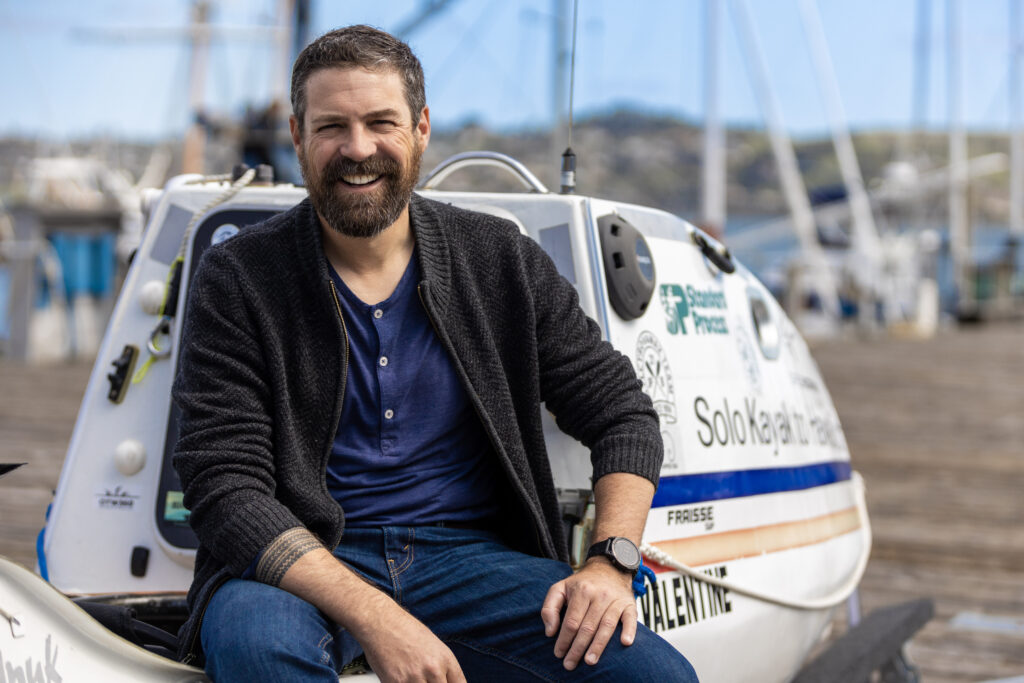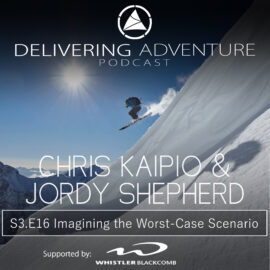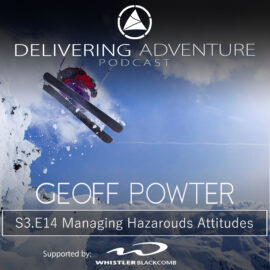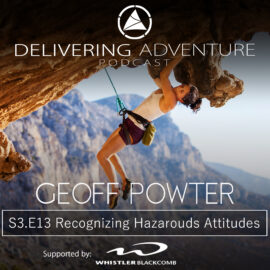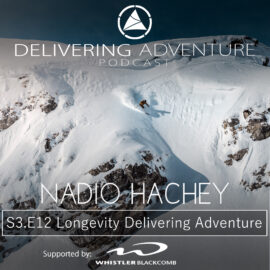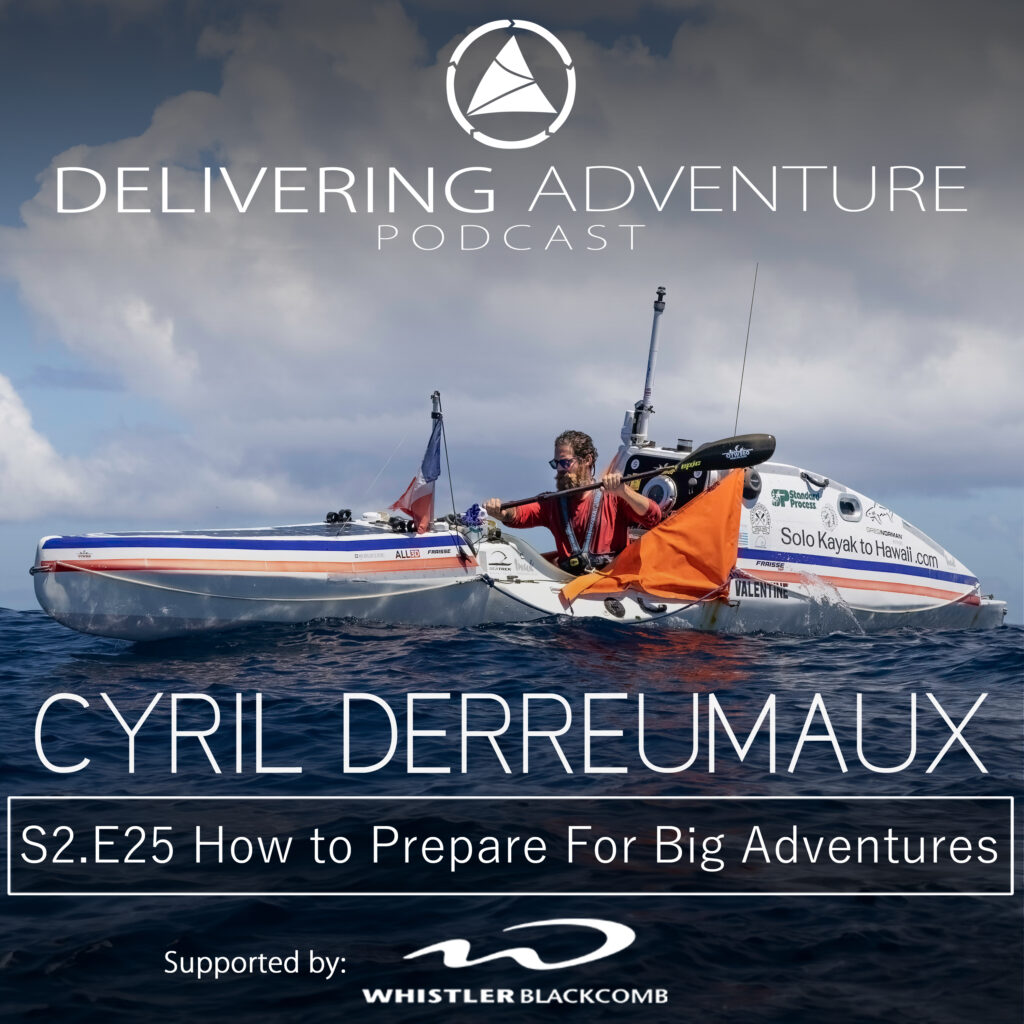
What does it take to prepare for a really big adventure? One of the main reasons people get themselves into trouble and have a misadventure is a lack of preparation. You can have all the skills in the world, the best equipment and the best intentions, but if you aren’t prepared, you may quickly find that what you thought was a perfect plan has a gaping hole in it.
Joining us is Cyril Derreumaux. Cyril is a long-distance solo kayaker, adventurer and speaker. Cyril is a two-time World Record holder. He has paddled his specially built kayak unassisted from California to Hawaii. This trip took him two attempts and 91 days to complete. Using that experience, Cyril is about to embark on another trip in a bid to cross the Atlantic. He hopes this trip will take him from the Canary Islands to Martinique. This is a distance of 4800 kilometres.
Cyril shares with us how he prepares for his epic trips operationally, logistically, physically, and emotionally. We look at how we can apply the lessons learned preparing for big expeditions to adventures of any length.
Key Takeaways
How to prepare for big adventures:
The Key to Success is Preparation: Cyril was extremely prepared. He spends more time preparing than the length of the actual trip. If you want to ensure you succeed you need to be prepared to put on the time and energy beforehand.
All in Approach Beforehand: Small trips provide practice for longer more challenging excursions. Practicing skills, taking courses, and preparing for emergencies are all important steps that contribute towards success.
Family Members: It is important to remember that family members share the risk when people are on adventures. There are often sacrifices and compromises made by both the adventurer (or person delivering adventure) and their families.
On the Adventure: It is important to maintain rhythm and routine as much as possible. On some trips it is easy to have routine during an approach. But then when we are on the route or in more difficult or hazardous parts of the trip, we need to break the routine and move quickly. But we must still remain vigilant and make good decisions. As Cyril said, an injury can easily result in rescue and mark the end of the adventure.
Reflect and Learn: Most adventurers and those delivering adventure strive to become consciously competent, as Cyril has done. This requires us to reflect on our experiences in a way that allows us to learn and develop. As Mark Twain said: “Good judgement is the result of experience and experience the result of bad judgement.”
Follow or Subscribe
Don’t forget to follow the show!
Share & Social Links
https://linktr.ee/deliveringadventure
https://deliveringadventure.com
Cover Photo by Tom Gores
